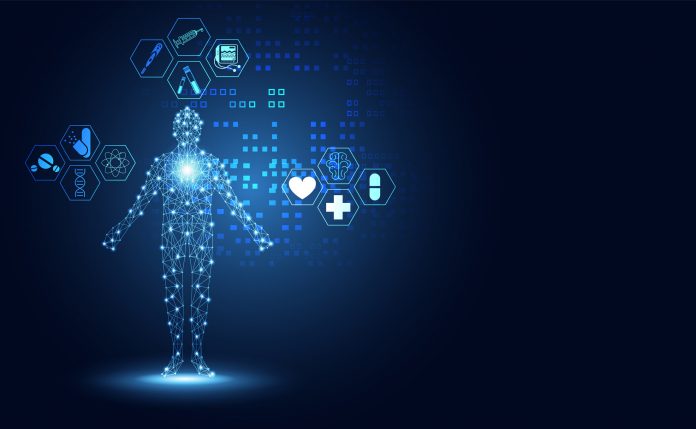In this interview, Chair of the ESC Digital Health Committee, Professor Martin Cowie, details the opportunities and challenges in the digital health era when it comes to the field of cardiovascular disease
Digital technology and the many ways it will impact the prevention, care and treatment of cardiovascular disease will be the subject of will radically impact clinical practice while 94% of the first-ever dedicated digital summit to be organised by the European Society of Cardiology (ESC). The ESC brings together 95,000 members across 57 National Cardiac Societies. ESC Digital Summit will be held in Tallinn, Estonia on 5-6 October 2019.
“The summit will bring together those interested in digital health and technology to discuss the key issues, debate the challenges and opportunities and consider the roadmap to the future of the digital transformation,” says Dr Martin Cowie, Professor of Cardiology (Health Services Research) and an Honorary Consultant Cardiologist at the Royal Brompton and Harefield NHS Foundation Trust. Prof Cowie chairs ESC’s Digital Health Committee.
The summit and its focus on cardiovascular disease (CVD) could not be timelier. According to the World Health Organization (WHO), CVD has been the leading cause of death globally for the last 15 years.(1) The European Commission reports that over 10,000 patients in Europe die every day from CVD, far exceeding the number of deaths from cancer.(2) CVD is expected to remain the leading cause of death, premature death and the primary disease burden in Europe for the next two decades.
Some 1,000 stakeholders are expected to attend the summit. They will include cardiologists and other healthcare professionals, policymakers, academics interested in cardiovascular health and care, patient advocates, entrepreneurs, digital developers, representatives of finance and insurance companies and experts from the life-sciences industry.
An ESC survey of 2,100 members revealed that eight out of 10 healthcare professionals believe digital health will radically impact clinical practice while 94% of healthcare professionals say they need to learn more about digital health. Participants at the summit will share ideas on how advances in technology can be safely and wisely applied to cardiology.
The advent of technologies, including wearables, wireless mobile devices, artificial intelligence, big data, electronic medical records and social media will prompt changes impacting many aspects of the doctor/patient relationship. The effects so far look promising.
“The technology developments help support innovation, better outcomes for patients, more efficient and effective care and hopefully at a lower cost to ensure the sustainability of health and healthcare”, says Prof Cowie. “The changes can also enable clinical decision- making to be shared more with patients and help a non-specialist make decisions much like those made by a specialist. In other words, the ‘democratization’ of healthcare.”
Prof Cowie points out that for innovation to work, its value to patients and doctors must be clear. “It’s not as simple as taking a technology off the shelf and popping it into health care and seeing the result. If we use a new drug or we use a new device, we want really strong evidence of its effectiveness; we also want that for electronic technologies. There are two questions to ask; will it make a meaningful difference? And is that difference really worth the money? So it’s quite a challenging equation for technology.”
One issue certain to be discussed at the summit is concern about information security and patient privacy.
“We are all aware of the recent data scandals and everyone needs assurance that the risk of data being used inappropriately is minimised,” says Prof Cowie.
Advances in combating CVD using digital technology are now being realised. Remote monitoring of implantable devices, such as defibrillators is already routine in many countries and allows earlier detection of any problems and more convenience for patients. Artificial intelligence (AI) interpretation of images also has begun to show benefit in terms of ensuring abnormal scans are identified earlier. Decision support software provides doctors and patients access to best current evidence and the relevant options.
“This is only the tip of the iceberg and the next decade will see unprecedented changes in healthcare delivery and disease prevention using more digital technologies,” concludes Prof Cowie.
References
1 https://www.who.int/news-room/fact-sheets/detail/the-top-10-causes-of-death
2 Cardiovascular Diseases Statistics, Eurostat Statistics Explained, July 2018
Professor Martin Cowie
Chair of the ESC Digital Health Committee
European Society of Cardiology








